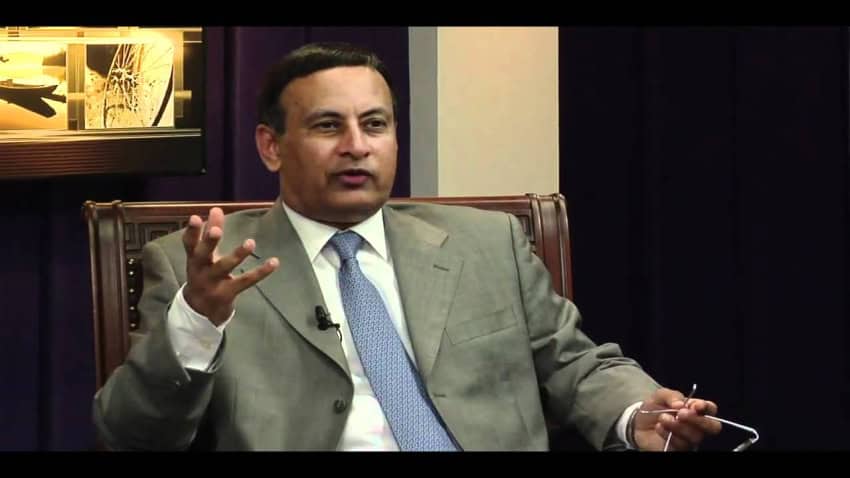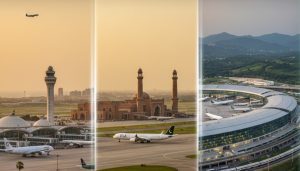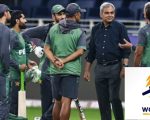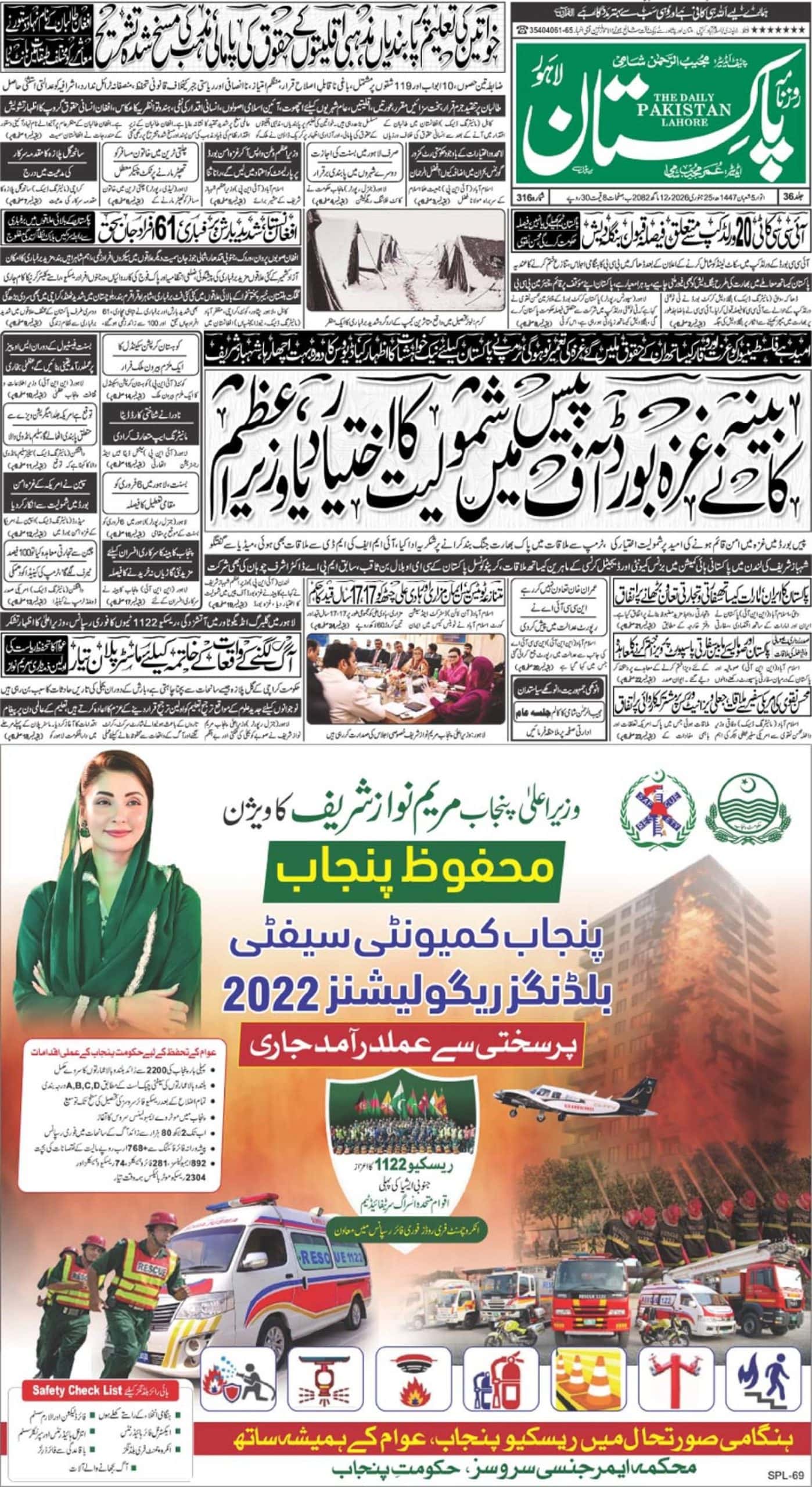PRINCETON – Pakistan’s former ambassador to the United States Husain Haqqani has asserted that Pakistani public must analyze how the country’s embrace of jihadists influenced the world’s view of Pakistan that now considers the country fragile.
Laying out the vision of a tolerant, inclusive, democratic federation in a new book titled ‘Reimagining Pakistan’, Haqqani argued that ideological vision over the last one hundred years all remained mired in conflict.
The former envoy unveiled his book at an event organized by the Center for International Security Studies at the prestigious Princeton University on Thursday and expressed his views on the progress of the country.
“The gap between how Pakistanis want Pakistan to be viewed and how the rest of the world views the country is widening and Pakistan’s intelligentsia must seriously consider why the country is deemed dangerous or on the brink of failure by others,” the former Pakistani ambassador to the United States said.
Haqqani, who is currently Director South and central Asia at the Washington-based think tank Hudson Institute, said it is not enough to reject others’ perceptions as unfounded and biased.
He noted that Pakistan has the world’s sixth largest population and army but lags behind in most international rankings that measure a nation’s success, including education, economic productivity, and opportunities for citizens.
The author predicted that unless Pakistan drastically alters course, the country will come under greater pressure from the rest of the world while also having to deal with internal pressures from a growing population divided by sectarianism and ethnicity and without economic prospects for most people.
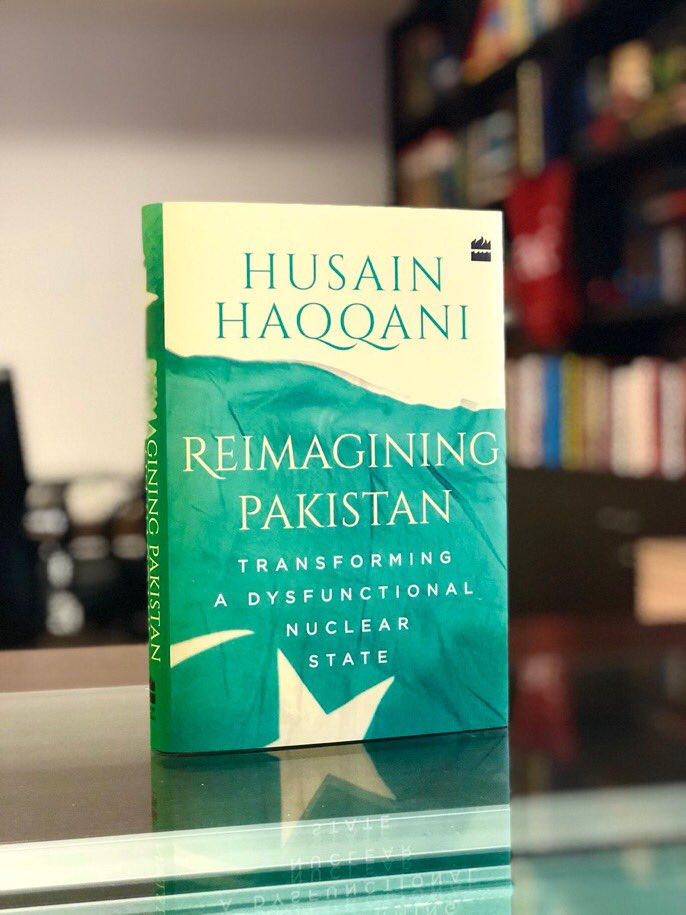
“It is true that Pakistan’s direction can best be changed by Pakistanis,” he told the audience, which had gathered at the Ivy League University as he introduced his new book ‘Reimagining Pakistan – Transforming a dysfunctional nuclear state.’
Haqqani continued that genuine debate inside Pakistan remains impossible as long as the nation is mired in a national narrative of hyper-nationalism, grievance and conspiracy theories.
The scholar noted that Pakistan had the world’s highest infant mortality rate according to a recent UNICEF report while lamenting that this troubling news got little attention in the country’s vast media.
The Pakistani media discusses politics and corruption but ignores human development or the world’s negative perception of the country especially in relation to religious extremism and terrorism, he said.
The diplomat expressed that Pakistanis are told about imaginary American, Israeli or Indian conspiracies and there is an outrage industry that keeps Pakistanis angry about perceived threats to Islam and their homeland.
“The real threats –of inadequate economic performance, low human capital development, poor health and education statistics, and rising extremism –are being ignored,” he warned.
Haqqani said that Pakistan had developed a national ideology to survive after being carved out of British India but now, seventy years later when more than 94 percent of Pakistan’s population has known no other citizenship except Pakistan’s, that ideology has become a huge burden.
He listed what he described as “many factual inaccuracies” in accounts of history that are taught to Pakistanis in schools and discussed on mainstream and social media while offering what he described as “practical, step by step remedial measures.”
Haqqani recalled that Henry Kissinger had once said that Iran must decide whether it is a country or a cause arguing that the same applies to Pakistan.
“After seventy years as a country, which lost half its population and territory when East Pakistan became Bangladesh, it is time to think of Pakistan as a territorial state rather than an all-embracing religious cause,” opined the journalist-turned-diplomat.

